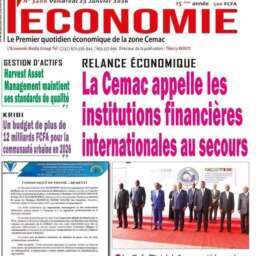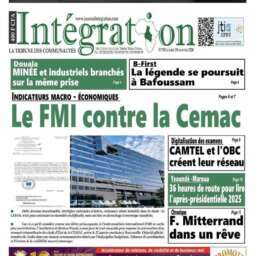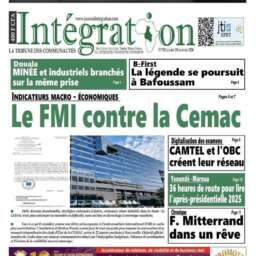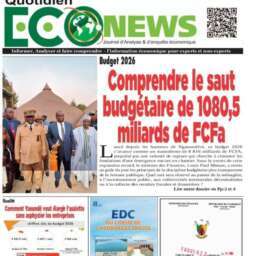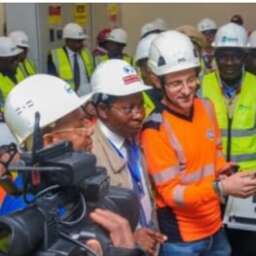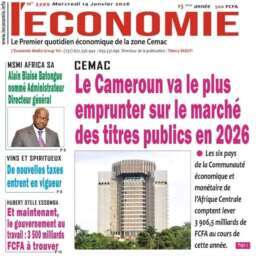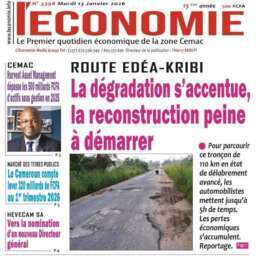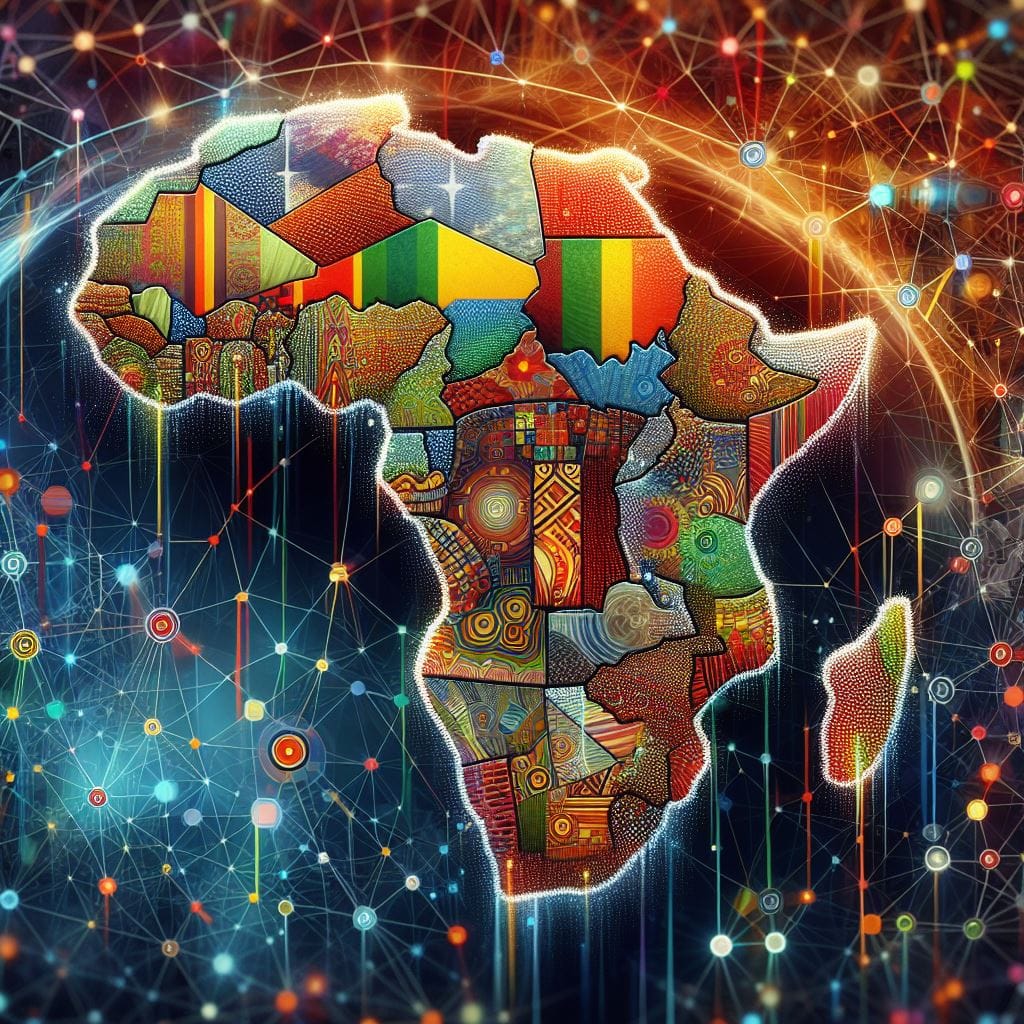In the ever-evolving landscape of the internet, the transition from Web1 to Web2 marked a transformative era, introducing user-generated content, social media, and seamless peer-to-peer communication. Now, as the whispers of Web3 grow louder, the tech realm is abuzz with terms like “decentralized,” “transparent,” and “user-controlled.” But what do these mean for businesses and consumers, especially in the African context? Let’s explore Web3 through the lens of 15 distinct insights.
1. Built On Principles of Decentralization:
In a continent with diverse communities and a rich tapestry of cultures, the principles of decentralization align with the ethos of community-driven decision-making. Web3’s promise of giving users more control over their data resonates strongly, particularly in regions where data ownership is a key concern.
2. Making the Internet More Open and Transparent:
The call for a more open, transparent, and secure internet echoes Africa’s journey toward inclusivity. With native decentralization, Web3 offers a vision where the internet becomes a space for diverse voices, fostering a democratic digital environment.
3. Bringing Power Back to Users:
Empowering users in the digital realm mirrors the desire for local control and decision-making seen in real-world African communities. The shift to Web3, where users own their data and digital assets, aligns with the quest for a more democratic and secure digital space.
4. Offering Two-Way Interactions:
In a continent known for its rich oral traditions and interactive storytelling, Web3’s emphasis on “two-way interaction” aligns with Africa’s cultural affinity for dynamic, participatory communication.
5. Distancing Itself From Centralized Systems:
Web3’s move away from centralized systems finds resonance in Africa’s narrative of overcoming historical centralization challenges. This shift opens up opportunities for collaboration, trust-building, and mutually beneficial interactions among companies and individuals.
6. Enabling New Types of Online Transactions:
In regions where traditional banking infrastructure may pose challenges, Web3’s promise of decentralized technology for online transactions, such as smart contracts, offers a potential game-changer. It could foster financial inclusion and innovative digital solutions.
7. Changing the Power Balance of the Web2 Model:
The promise of Web3 to change the balance of power in the current Web2 economic model resonates with Africa’s aspiration for more equitable economic systems. This shift could redefine how data ownership and revenue generation unfold in the digital space.
8. A Consumer-First Movement:
African Perspective: With a consumer-first approach, Web3 aligns with Africa’s emphasis on inclusivity and user-centric solutions. The adoption of Web3 by individual artists and thought leaders before larger organizations reflects the grassroots movements often seen in African communities.
9. Providing More Immersive Experiences:
Africa’s diverse landscapes, cultures, and traditions make it a continent of immersive experiences. Web3’s promise to bring more immersive online experiences aligns with the vibrant, multifaceted nature of African societies.
10. Embracing Distributed Edge Computing:
In regions with varying levels of technological infrastructure, Web3’s embrace of distributed edge computing holds promise. It could pave the way for innovative solutions tailored to the unique challenges and opportunities present in diverse African contexts.
11. Not Relying On Centralized Servers And Intermediaries:
Web3’s departure from centralized systems resonates with the quest for greater autonomy and control over digital interactions. In Africa, where tech giants often control data, Web3’s reliance on decentralized networks aligns with the vision of a more secure, private, and transparent internet.
12. Data Transit Speeds Will Dramatically Increase:
As Africa navigates challenges related to digital infrastructure, the prospect of increased data transit speeds with Web3 becomes significant. This acceleration could redefine how technology is adopted and integrated into various sectors, from healthcare to finance.
13. Individuals Have Greater Privacy, Security, and Control:
Web3’s promise of greater privacy and user control addresses concerns prevalent in Africa regarding data security. This shift aligns with the collective desire for a digital environment where individuals have agency over their personal information.
14. Designed To Be More Inclusive And Accessible:
In a continent marked by economic disparities, Web3’s design for inclusivity resonates strongly. Peer-to-peer networks and blockchain-based systems could bridge gaps, allowing individuals and communities to access resources regardless of economic status.
15. Ushering In The Full Adoption Of The Metaverse:
Africa’s diverse cultures and narratives could find expression and unity in the metaverse. Web3’s commitment to decentralization and user ownership aligns with Africa’s vision for a digital space where users truly own and control their content.
In conclusion, as Web3 unfolds, it’s crucial to view its impact through a lens that recognizes the unique challenges, opportunities, and aspirations of the African continent. The promise of decentralization, transparency, and user control in Web3 could spark innovative solutions and redefine digital interactions, making the internet a more inclusive and accessible space for all.






